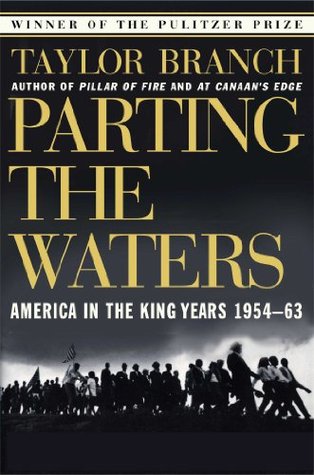he came to reject communism because of its “historical materialism and ethical relativism,” meaning Marx’s doctrine that economic forces alone determine the path of history and Lenin’s teaching that what was good in politics was to be defined continuously by the vanguard party according to the needs of the revolution. King objected that these cold, scientific doctrines left no room for moral forces to act in history, or for moral standards to rise above the Machiavellian, tyrannical tendencies of politics.
Welcome back. Just a moment while we sign you in to your Goodreads account.


